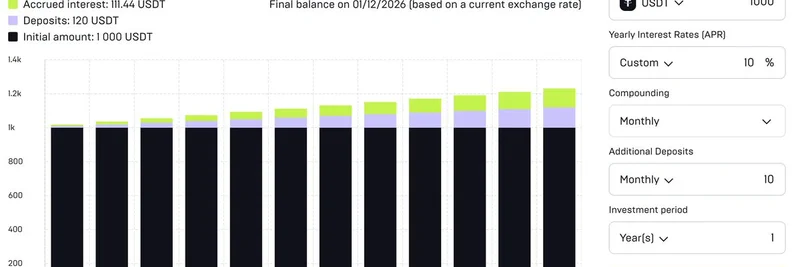import { Image } from 'astro:assets';
Hey there, crypto enthusiasts! If you’ve been following the latest buzz on X, you’ve probably stumbled across a fiery thread started by the renowned blockchain investigator ZachXBT. In a recent post dated July 8, 2025, ZachXBT took aim at offshore exchanges like KuCoin, MEXC, BingX, and others, accusing them of prioritizing profits over compliance and trust. Let’s break it down and explore what this means for the crypto world, especially with the growing interest in stablecoins and real-world assets (RWAs).
What Sparked the Conversation?
The thread kicked off with BC Wong from KuCoin sharing insights from weekend chats with founders about RWAs and stablecoins. He highlighted a key point: trust in these digital assets hinges on compliance. RWAs, for those new to the term, are tangible assets—like real estate or bonds—tokenized on the blockchain, with projections suggesting a market worth $16 trillion by 2030 (according to a 2022 BCG estimate). Stablecoins, meanwhile, are cryptocurrencies pegged to stable assets like the US dollar to reduce volatility. Both are hot topics, but ZachXBT wasn’t buying the “trust” narrative.
In his reply, ZachXBT called out KuCoin for allegedly ignoring law enforcement requests and failing to freeze stolen funds from major incidents. This led to a sharp exchange where he labeled offshore exchanges as some of the “worst actors” in the space, hinting at plans to publicly spotlight the issue. The community chimed in, with users like Charles and Temioflasgidi supporting the call for more transparency.
Why Does Compliance Matter?
Compliance isn’t just a buzzword—it’s the backbone of a trustworthy crypto ecosystem. Offshore exchanges, often based in jurisdictions with lax regulations, can operate with fewer oversight requirements. This flexibility might attract businesses, but it also opens the door to risks like money laundering or handling stolen funds. As Thomson Reuters Institute notes, crypto compliance officers are under pressure to meet murky regulatory expectations, especially with agencies like the SEC and DOJ cracking down.
For stablecoins and RWAs, compliance is even more critical. Stablecoins act as a bridge between crypto and traditional finance, requiring robust audits to maintain their peg. RWAs, tied to real-world value, need clear legal frameworks to ensure investors aren’t left holding worthless tokens. When exchanges like KuCoin allegedly sidestep these responsibilities, it erodes confidence across the board.
The Bigger Picture for Meme Tokens and Beyond
At Meme Insider, we’re all about keeping you in the loop on meme tokens and blockchain trends. While this thread doesn’t directly mention meme coins, the compliance debate touches every corner of the crypto market. Meme tokens, often traded on these same exchanges, could face increased scrutiny if regulators tighten the screws. Plus, as ZachXBT’s influence grows, his push for accountability might inspire safer platforms for trading everything from Dogecoin to tokenized assets.
What’s Next?
ZachXBT’s threat to “bring more attention” to this issue could shake things up. If he digs deeper, we might see data dumps or public campaigns targeting non-compliant exchanges. For users, this is a reminder to double-check where you trade—stick to platforms with transparent policies. For the industry, it’s a wake-up call to build “the right way,” as BC Wong put it, balancing innovation with responsibility.
What do you think? Should offshore exchanges face stricter rules, or is this just the cost of crypto’s wild west days? Drop your thoughts in the comments, and stay tuned to Meme Insider for the latest updates on this unfolding story!

